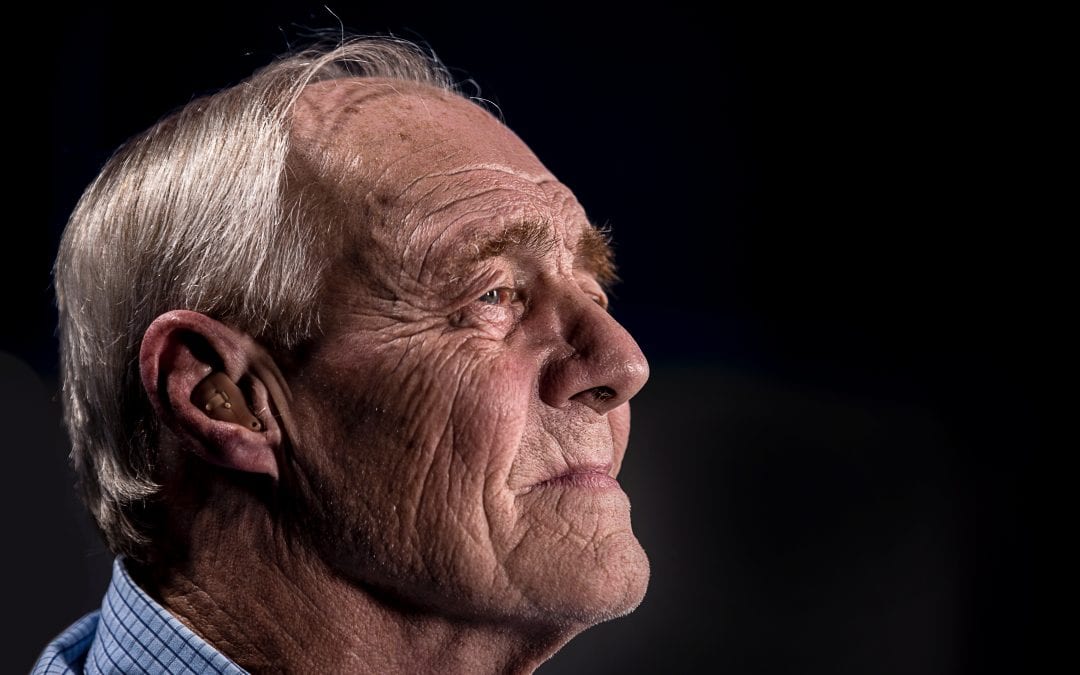The conditions surrounding your health are always shifting. Diet, exercise, habits, genetics, and simply the flow of time all play huge roles in how healthy we are. After about age 25, our cells begin dying faster than they are being produced. As we age, our bodies slowly weaken and deteriorate. In the elderly stages of life, there are 4 parts of the body that require extra care and upkeep in order to stay healthier in later life. These tips may not be able to prevent health declines, but they can help slow them or improve quality of life. The 5 parts of the body that require extra care in a more advanced age are the bones & joints, urogenital regions, sensory organs, and skin.
Bones & Joints
Your bones and joints take a lot of wear and tear throughout your life. Weight bearing bones and major joints especially can be weakened over time. Once you reach your 60’s, the risk for the development of issues such as arthritis and osteoporosis. Arthritis is the weakening and damage of joints. Osteoporosis is the thinning of bones, resulting in a loss of density and increased fragility. The most common areas for both of these issues are the hips, hands/wrists, and the knees. Prevention and care for these two major issues is important to staying healthy and mobile at a later age.
Osteoporosis prevention begins with a diet that has plenty of vitamin D and calcium. Exercises such as walking, weight lifting, and resistance training can help strengthen bones in load bearing areas. Talk with your physician about getting a bone mass density scan to better evaluate the health of your bones.
The best way to prevent arthritis is to work on your weight. People who are overweight or obese have a higher rate of developing arthritis, especially in weight-bearing joints. Weight loss takes more stress off of your joints. Smoking is linked to the development of rheumatoid arthritis. Diets rich in omega-3 fatty acids have been shown to reduce joint inflammation and lower the risk of rheumatoid arthritis.
Urogenital Issues
In both men and women, a loss in urogenital control is common in advanced age. Symptoms include incontinence, UTI’s, and an enlarged prostate. With age, the elastic tissue of the bladder tends to harden and lose the ability to stretch; requiring more frequent bathroom breaks. The weakening of the pelvic floor can also occur. The pelvic floor helps us hold in urine, and weakening of this muscle can cause leaks or full loss of control. Women are more susceptible to leaks. Men may have issues with passing urine, as the prostate gland can enlarge and constrict the urethra. The average age for the development of prostate cancer is 66. By the age of 80, over 70% of males show some level of cancer cells within the prostate.
Caffeine, alcohol, and some medications can affect the bladder. There is no perfect way to reduce bladder issues in older age. Men can reduce the risk of prostate cancer by maintaining a healthy weight and staying active. A diet high in cruciferous vegetables, such as broccoli and cauliflower, can also reduce prostate cancer risk.
Sensory Loss
While all of your senses tend to weaken with age, hearing and vision are the most vital. About 50% of people over the age of 75 have difficulty with hearing. Eyesight usually begins to diminish at around age 40. Vision loss usually begins with presbyopia, the gradual loss of close up vision. Risks of muscular degeneration in the eyes, cataracts, and glaucoma increases with age. Hearing loss can be gradual but should not be left untreated. Tinnitus is often common in seniors; which causes a ringing, roaring, or other type of continuous noise in the ear.
Yearly eye exams can help you stay on top of developing issues in your eyesight. Smoking can increase the risk of muscular degeneration in the eyes, which can cause blurriness of vision or even vision loss. Wear proper eye protection during activities where damage to the eyes can occur; such as with certain sports. Foods high in vitamins A, C, and E can help maintain eyesight and fight infection and dryness. Omega fatty acids can help as well.
Hearing loss prevention starts with volume reduction. Keep the TV or car stereo volume lower. Avoid excessive noise when possible, and use earplugs or other protective gear when needed. Talk to your physician about any medications you are taking that can affect hearing loss. Ask your doctor to perform hearing tests as part of your yearly physical.
Skin Care
Wrinkles, age spots, and dryness become more common with age. As you age, your oil glands in your skin produce less, and you sweat less. This causes the skin to dry up. Skin also thins and becomes less supple with age, causing wrinkles. Some medications can affect the skin by drying it out.
Staying well-hydrated is a good way to prevent skin damage, as is reduced exposure to the sun. Using sunscreen when outdoors and staying in the shade when possible can help prevent sun damage. Talk to your doctor about receiving a shingles vaccine. Soaps and perfumes can dry the skin, so use sparingly. Hot water can dry the skin and remove natural oils, try to bathe in lukewarm or cool water when possible.
Safe Harbor Healthcare Services does not provide medical or healthcare advice via articles. This material has been prepared for informational purposes only, and is not intended to provide, and should not be relied on for medical advice.
Safe Harbor Healthcare Services has been providing excellent home care on Staten Island since 1967. Our services help the elderly and disabled live safely and independently; while giving their families the peace of mind they need. For more information contact Safe Harbor at (718)-979-6900.

